Days are numbered for ancient villages
By He Na and Sun Ruisheng in Shanxi province and Lin Jinghua in Beijing ( China Daily ) Updated: 2013-11-19 08:07:37Mixed feelings
Bi Yueying, 73, lives alone, apart from her kitten. Her children tried to persuade her to move in with them, but Bi insisted on living on her own. "I don't feel lonely. All my memories are in this house," she said. "It's too noisy in the cities."
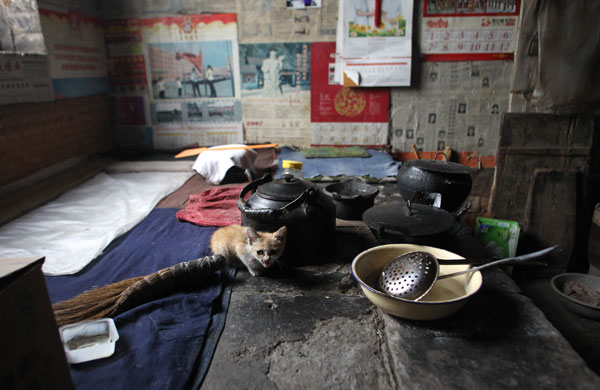 |
|
The interior of a typical house in Lianghu village. Photos by Zou Hong / China Daily |
She lives in one small room, but always ensures that the bigger of her rooms, which contains two beds, is cleaned every day. "It's for my children," she said.
However, Bi's neighbor, Li Xinmei, 45, and her 20-year-old daughter would rather not live in their old house. "My daughter doesn't like the room at all and often complains that life here is too boring," said Li. "Of course I have feelings toward the house, but if we can earn enough money we will also move out."
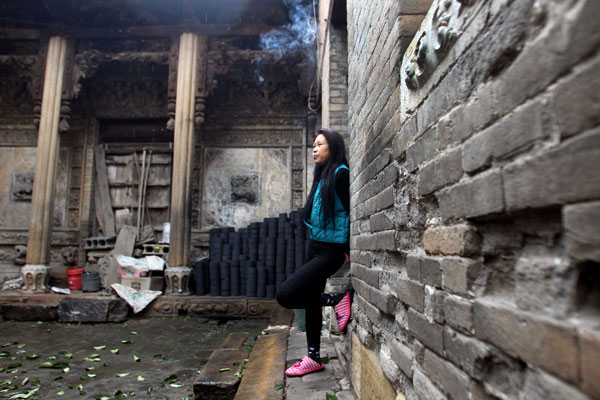 |
|
Lianghu resident Li Xinmei, 45, says she will move out of her old house if she can raise the money. Photos by Zou Hong / China Daily |
Lianghu is symbolic of traditional Chinese villages, many of which are in a similar, or even more dilapidated, condition.
Statistics from the National Traditional Villages Conservation Commission show that around 900,000 traditional villages have disappeared during the past decade and the 12,000 villages that have applied for protection so far account for a mere 10 percent of the total number. Approximately 2.7 million traditional villages still remain in China, according to the Ministry of Civil Affairs.
Li Huadong, an associate professor at the School of Architecture and Urban Planning at Beijing University of Technology, is an advocate of protecting traditional villages. To his mind, their importance to the country is equivalent to that of oxygen, food and water to human beings.
"It's ironic that some villages survived thousand of years of war and disasters, but have disappeared in peacetime through demolition or people's short-term views," he said.
He explained that culture is the root of national power and the unbalanced economic and cultural developments will eventually lead to disaster. China's development must be based on history and traditional civilization and, as the fruit of ancestral wisdom, traditional villages are the root of Chinese culture, he said.
"Villages and cities are complementary. History tells us that the cities will die if the villages disappear," he added.
Lou Qingxi, director of the ancient architecture research center at Tsinghua University, often uses a metaphor for the protection of traditional villages during his classes, pointing out that it's frightening for a person to lose their memory, but that feeling is even worse for a village, a city or a country. China was established on an agrarian society and traditional villages are the country's living history.
"Why does the government expend so much energy on the Palace Museum? It's an architectural masterpiece, but more importantly, it witnessed, and is evidence of, China's politics, economy and culture through the course of history," he said.
"Traditional villages have the same function. They can help us understand history and learn the spirit and culture of our ancestors," Lou said.
|
|
|
|
|
|
|
|

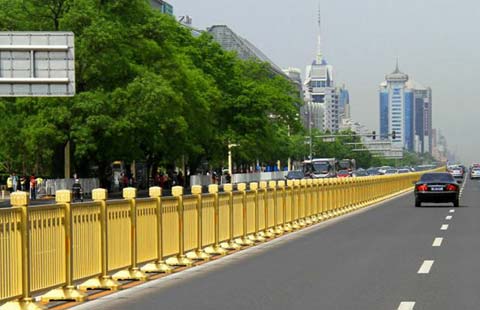
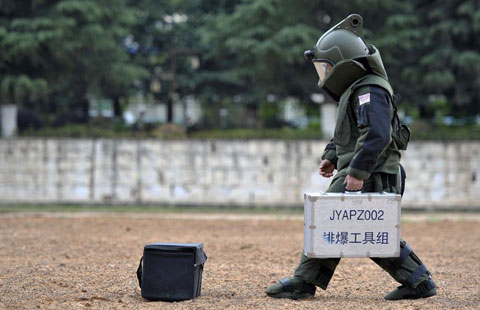

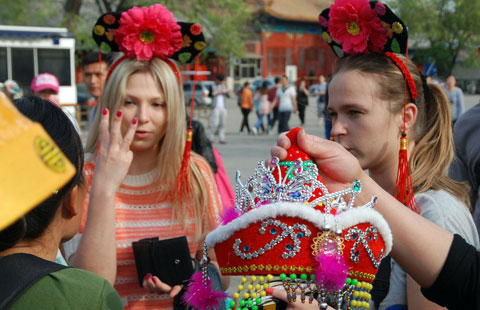

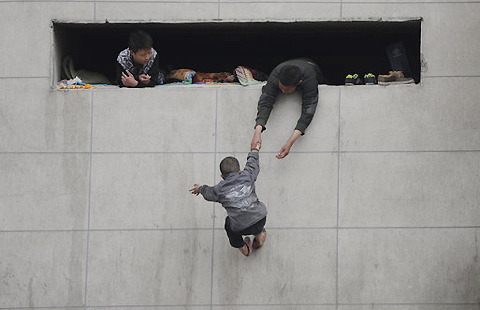












 Op Rana
Op Rana Berlin Fang
Berlin Fang Zhu Yuan
Zhu Yuan Huang Xiangyang
Huang Xiangyang Chen Weihua
Chen Weihua Liu Shinan
Liu Shinan